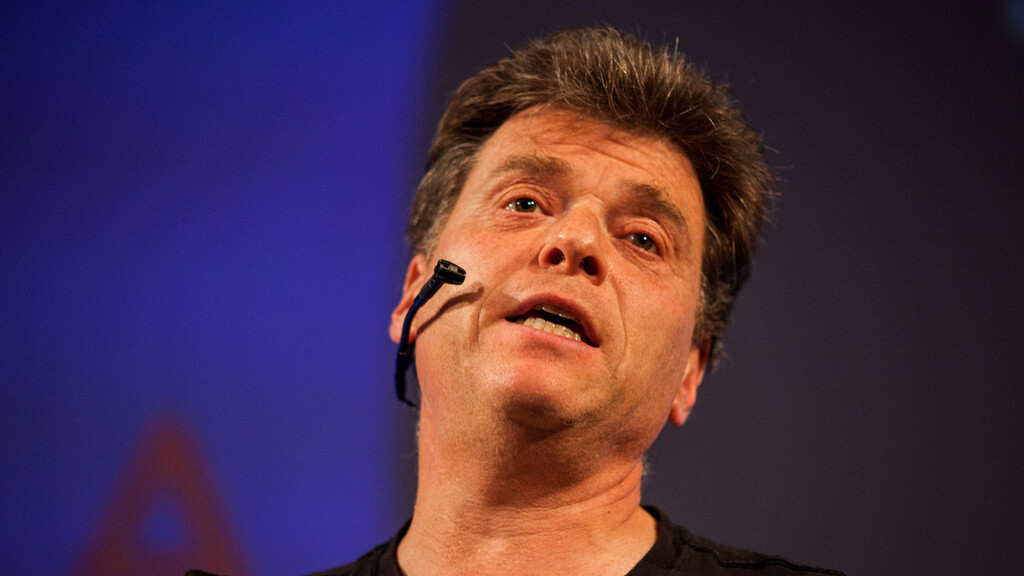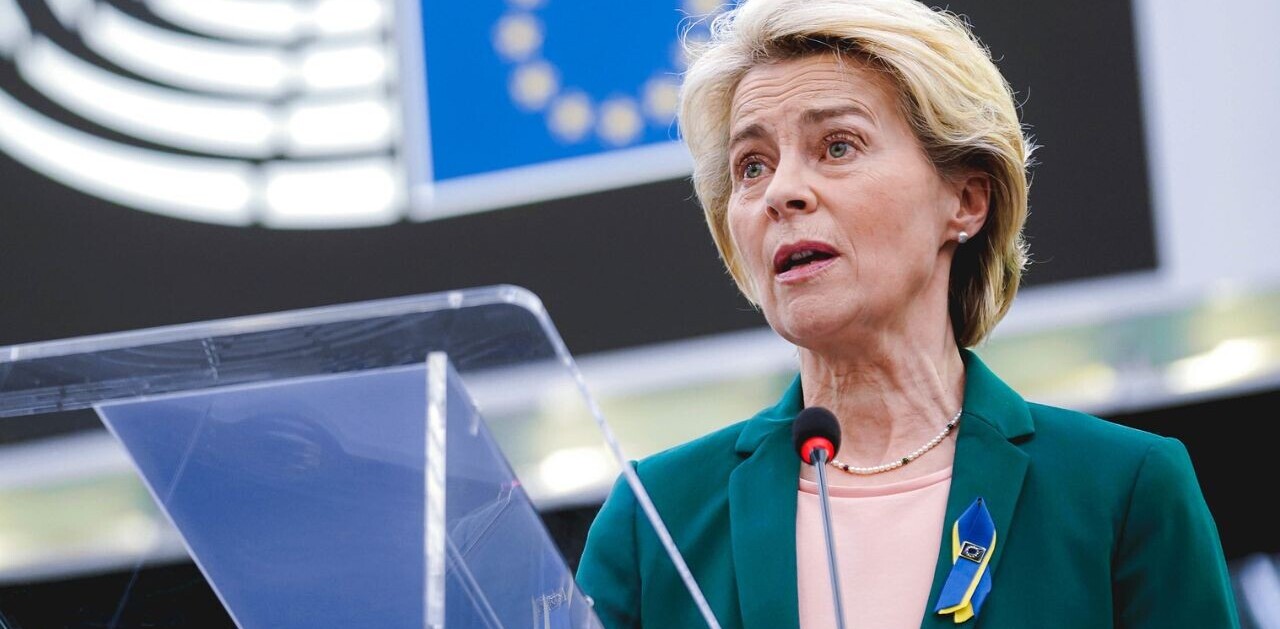
As you’ve probably heard before, we’re in the middle of a digital revolution. Slowly we’re also beginning to realize that this smart new world is out of control. As the Cambridge Analytica scandal made clear, our privacy is being invaded and we know that many of our jobs are threatened by automation. But there’s no turning back the clock. How do we navigate and secure ourselves for this unsecure future?
Andrew Keen is the author of several books criticizing the rise of the internet and digital technology. Among them are, “The internet is not the answer” and “Cult of the amateur”.
For many years Keen was seemingly a lone wolf in his skepticism, but the general fascination with the internet and its smart inventions is rapidly fading. Just like Keen has been doing for years, people are beginning to worry.
He realized that now was the time to shift focus from highlighting the problems to fixing them instead. His newest book was released earlier this year and is called “How to fix the future”.
Five tools to tame the revolution
“As I see it, there are five tools we can use to take control of the current situation,” Keen explains to me “and these are regulation, innovation, education, social responsibility and conscious consumerism.”
According to Keen, these tools are not new to this situation. These are also tools that were used to make sense of the changed and disrupted world following the industrial revolution.
Governments need to regulate the tech-giants from invading and exploiting our privacy. Consumers need to take conscious choices and demand better quality products. Wealthy and influential people should invest their money in fixing what their contribution to the digital revolution broke. We need to change our ways of thinking of education, so it prepares us for a future that doesn’t need the skills we currently possess. And lastly, we need to learn how to innovate within these frames, without being invasive and exploitative.
This might sound like an overwhelming mouthful. How is it feasible? Keen explains that these are not things that you can just plan out. They happen organically. But focusing on them and stressing them is key to understand how skewed things really are today.
What is happening?
The last year Keen has been traveling around the world to see what is or isn’t being done to secure us for the future.
On his travels, he has done hundreds of interviews with people from all over the world. From understanding Estonia’s way of governing their country digitally to looking at Finland’s innovative education system and talking to the EU commissioner of competition, Margrethe Vestager.
All this work, Keen explains, is contributing to securing our future. “These are all countries that are doing something real and responsible. It’s innovative, whilst being regulative at the same time.”
So, some of the five tools are being used correctly in some places in the world. Finland’s education model, Estonia’s innovation model, and EU’s regulation model are all examples of how Keen believes we can secure the future. But what about conscious consumerism and social responsibility?
Here there still is work to be done, according to Keen.
I think especially consumers need to grow up. They’ve been spoiled into believing that products can be both good, free and un-exploitative, which is of course completely false.
According to Keen, consumers of digital products should draw inspiration from the food industry. Demand for higher quality food products, such as organic and local produce has increased in recent years, and this is due to consumers making conscious demands. Keen would like consumers of digital products to make similar demands. When something seems too good to be true, it always is, he emphasizes.
Analog values in a digital world
Stories are breaking every day about bigger and smaller scandals from the world of tech, and when this is the norm, it can be easy to shrug your shoulders and accept that surveillance and insecurity is an inevitable part of our future.
But Keen remains positive. In his opinion, the young generation are the ones who will see through the smart lights that are blinding everyone else.
Young people want quality. Studies show that they are the ones that are the most willing to pay for their content. They’re the ones rediscovering vinyl music and the beauty of handwriting. I think they’re the ones who really will understand what privacy means. I think privacy will turn out to be one the biggest analog values of the 21st century. So I’m extremely hopeful for the young generation.
Come see Andrew Keen speak at the TNW Conference this May!
Get the TNW newsletter
Get the most important tech news in your inbox each week.




